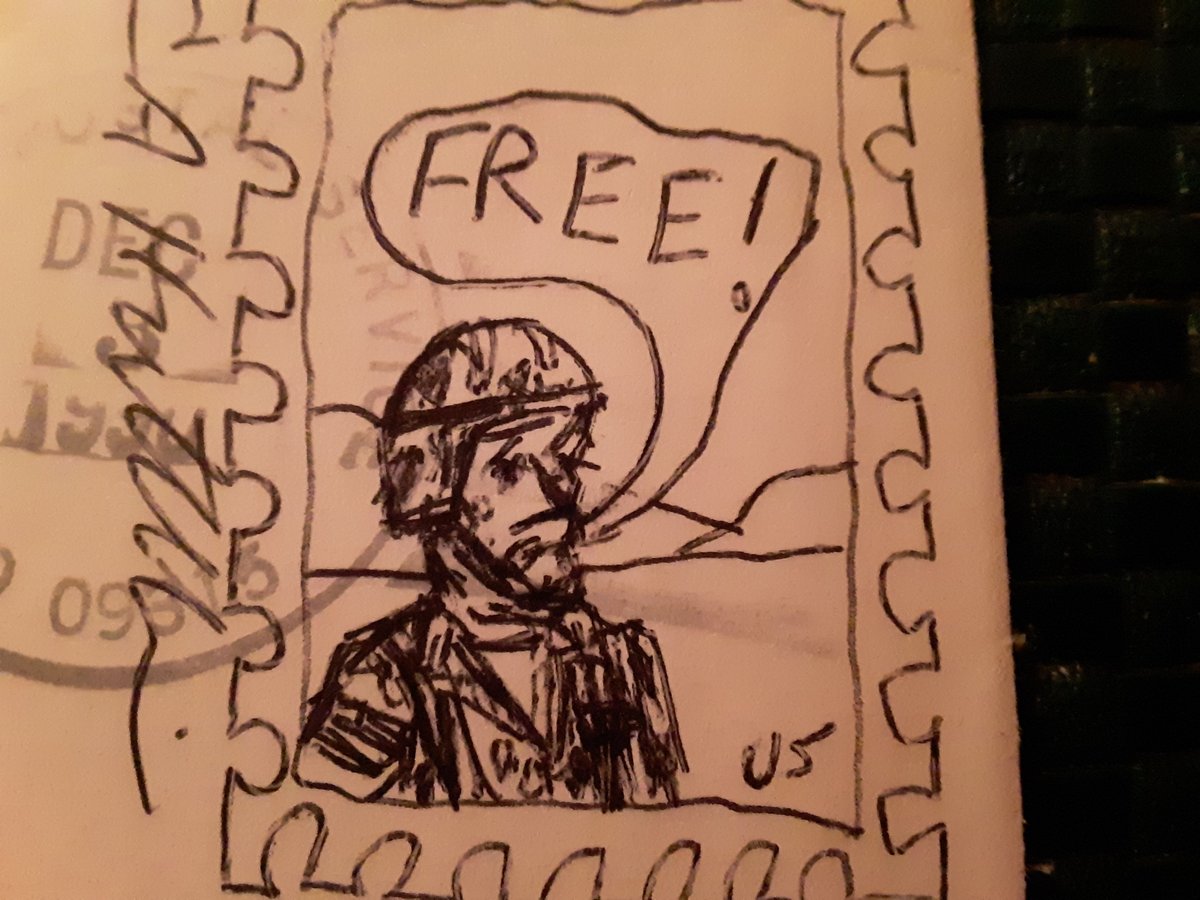
So finished @kkdumez's book, "Jesus & John Wayne" two weeks ago with lots of thoughts which I let stew for a fortnight. Here are a few of them. Probably a series of short threads rather than one long one. 1/9
First, who should read it? Well, everyone. I was a history major with a focus on American intellectual history, so I love this stuff. If you enjoy 20th century American church & political history, give it a whirl. 2/
Second, if you are a non-Christian or even a mainline Christian foreign to the evangelical sub-culture, pick it up. But please be aware, as @kkdumez points out at various places, this is a monograph. It shows one side of evangelicalism in particular, but not the only side. 3/
Major personalities & movements are barely touched upon or not covered: InterVarsity, Stott, Packer, Lausanne conference, Sproul, Horton, Noll, Marsden, mainline charismatics, World Vision, etc. If you are already against evangelicalism, this book will give lots of ammo. 4/
And that's fine. These are facts. And @kkdumez is concentrating on those evangelicals who gravitate towards political power and manly "strength." But don't let it be the only book on the neo-evangelical movement you read, so that you get a fuller picture. 5/
There are whole lot of quiet evangelicals and other conservative or classical Christians (my preferred label), who just go about their lives. The media does not notice us because we don't WANT the media to notice us. 6/
But @kkdumez 's point is that we have let these "other" evangelicals, the one she writes about, influence us. And in places, we have abetted and encouraged their emphasis on power and manliness. We can't just say "oh, that's not us," if in fact, it partly, is. 7/
And that leads to the last group who should read this book, particularly. And that is evangelical leaders, particularly white men. Don't be defensive. If these are facts, they are facts. Check the footnotes (I did on a couple - they checked out!). 8/
And learn from it. See where culture has influenced us in unhelpful ways, while still sticking with the Scripture as our authority for what is good and true. But maybe there is some goodness and truth we may have missed. Why not see, and if need be, repent? Luke 14:11. 9/9
• • •
Missing some Tweet in this thread? You can try to
force a refresh








